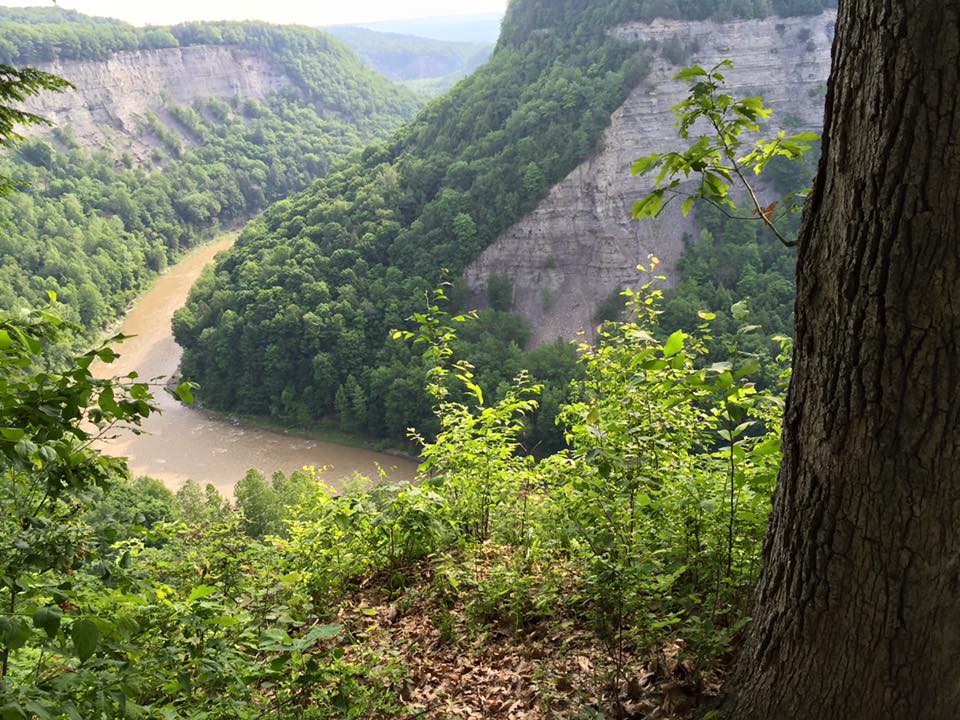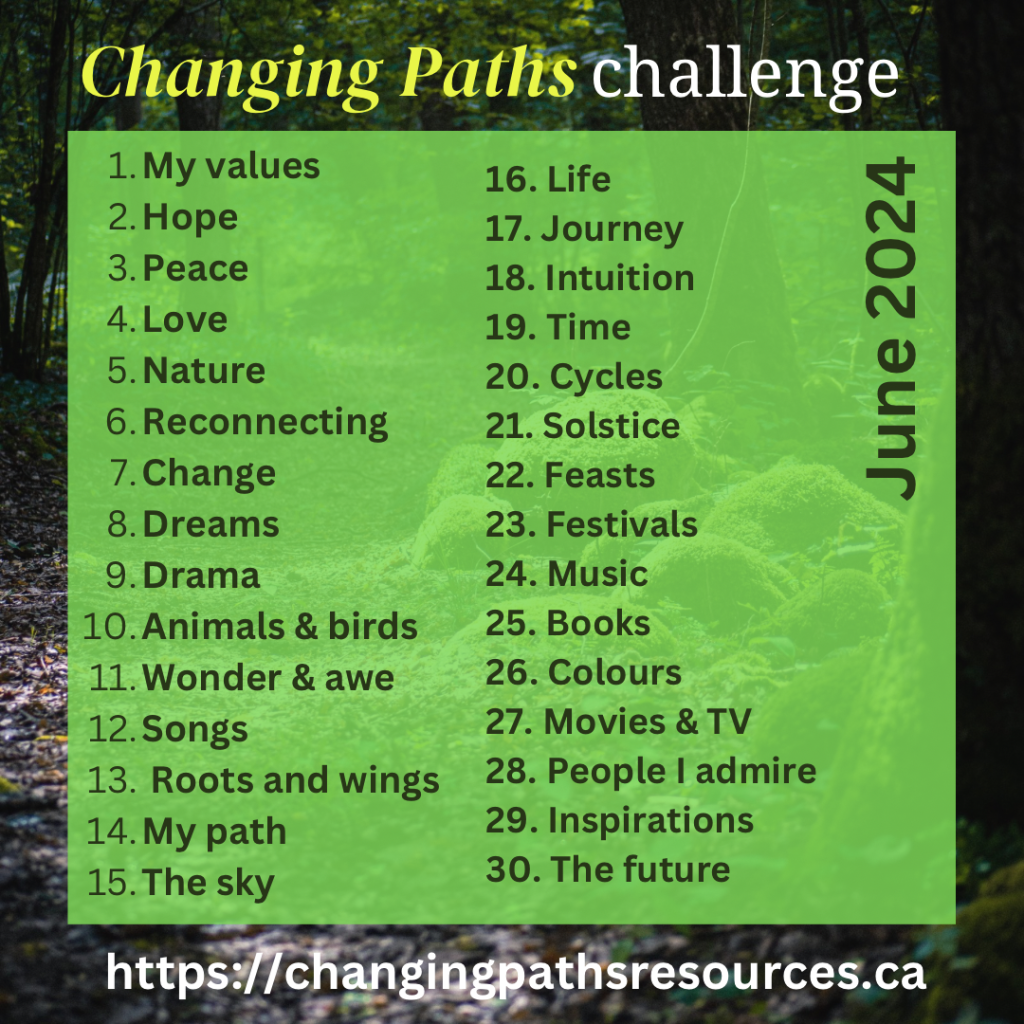Happy Friday readers! In this blog post, I continue working my way through Changing Paths by Yvonne Aburrow. Today’s prompt is from chapter eight, which is titled “Joining a Pagan Tradition.”1 I’ve chosen the following prompt as a guide and inspiration for this post:
What aspect of Paganism are you drawn to? Is it magic and witchcraft? Nature, the Earth, or the land? Ancestors? Trees, stars, and stones? A specific pantheon of deities or a specific ancient culture?
This feels like another one of those prompts where I’ve spent this entire blog exploring the underlying question, so it’ll be somewhat challenge to distill several years of thoughts into a single cohesive post.2
I think the first thing that comes to mind is the memory of how the idea magic drew me to witchcraft (and Paganism in general) almost immediately back in 1998. It wasn’t necessarily even the thought of self-empowerment that comes with the ability to work magic, though that definitely was a factor. There was some part of me that almost craved a sense of wonder and magic — something existing just beyond the humdrum of everyday life — all my life. I remember being a kid and imagining that I could feel the flow of magical energy all around me. So imagine my delight when I read Cunningham’s book3 and realized that some people thought that was actually real. To make a pun of it, I was enchanted.
Of course, as I matured as a witch, I also began to appreciate what I might call the magical of the mundane. I came to appreciate that the separation between a magical life and a mundane one was actually illusory, which is an idea that appealed to me ever since.
I gravitated toward the Norse deities and Freyja over a period of a few years after exploring a few options. For example, i spent about a year studying Irish mythology and trying to connect with the Tuatha De Danann. This was mainly because I found a young gentleman at my local witch shop who was also studying and was a member of Ar nDriacht Fein, a Druid group4 founded by Isaac Bonewitts.
However, my friend and I discussed some of our other interests, and for me, that included the runes, which I had begun studying (at the suggestion of my first boyfriend, no less) even before I decided to leave Christianity.5 My friend noted that I practically lit up when I started talking about the runes and the lore that was often woven into interpreting and understanding them. He commented that while I clearly enjoyed learning about Irish mythology, I did not have that same passion for it. So he strongly encouraged me to seek to build a relationship with the Aesir and Vanir instead. And that’s how I eventually became a Freyjasman.6
As time went by, the ancestors became increasingly important to me. This was especially true as I learned more about seidr and other shamanistic7 aspects of Norse magic. Of course, my first introduction to the idea of honoring the ancestors likely came from my time with ADF, which includes calling and honoring the ancestors in their ritual structure. But it became more important as I began a more practical and intimate practice of working with the ancestors on a more one-on-one level.
As for honoring nature, I have very mixed feelings about the relationship between Paganism and nature, at least how it often seems to be viewed in the greater Pagan community. As someone who grew up in rural Pennsylvania, went hunting a couple times (I quickly realized I had neither the patience nor the overall temperament for it), and grew up camping, I had a great deal of appreciation for nature. I still think much of nature and spending time in nature is wondrous and important. I also think that preserving nature is crucial.
And yet, as an old rural boy, I sometimes feel that many Pagans romanticize and even idolize “nature” in a way that doesn’t resonate with my experiences with nature. I often find myself wondering if any of them have actually taken a hike in the woods or spent much time in the parts of nature not meticulously maintained by people.
Also, I feel like some of my Pagans tend to forget that humans are a part of nature, and that includes our tendency to build structures, societies, and the amenities of civilization. The “nature vs. human civilization” divide sometimes seems overblown to me at times.8
I think for me, this is a topic where my perception of Midgard vs. Utgard is instructive for me.9 On one level, I tend to view them as symbolic of the (relatively) secure places established by human civilization and the untamed places in the world that exist beyond those boundaries. I also think that we as humans need both of these places and that human survival requires us to cross into those untamed places at times. I also think that once you start thinking about these ideas, the boundary between Midgard and Utgard tend to get much fuzzier than we first thought.
That was probably quite the tangent though. At any rate, I hope you’ve enjoyed this latest insight into the things that have drawn me most and meant he most to me in Paganism as I practice it. I’d love to hear your own thoughts in the comments!


